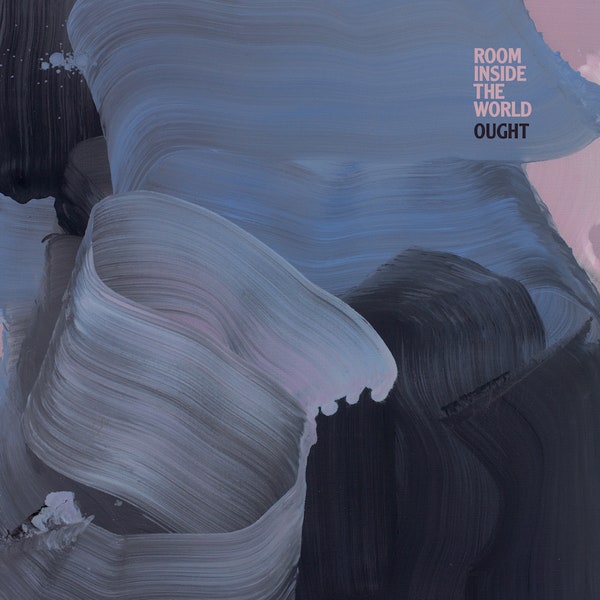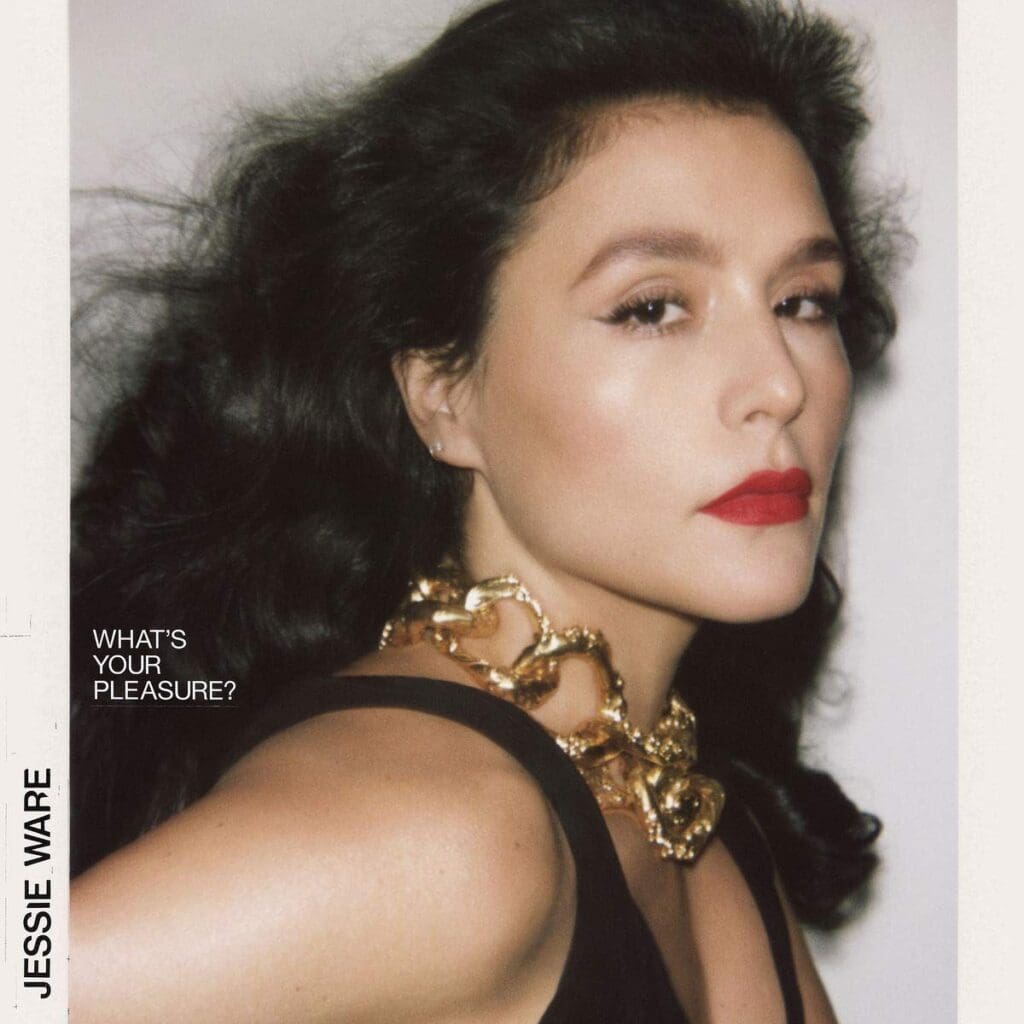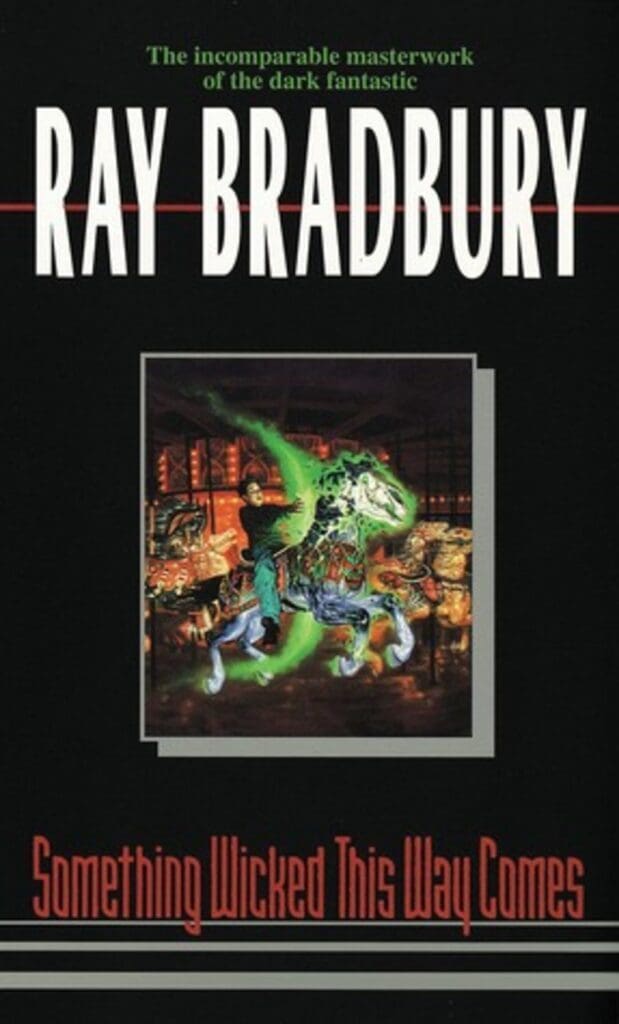Is it just us or was this September one of those ‘blink-and-you-missed-it’ kind of months? Ah, but it’s so hard to tell what time means anymore in 2020. We’re still keeping busy, however, which is why we’re back with our regularly scheduled Staff Picks in case you’re looking for something to listen to, read, or more:

Bella Davis, Intern: Lately, it’s been hard for me to think about anything other than collapse. The election is a little over a month away and the President of the United States has refused to commit to a peaceful transfer of power should he lose. More than 200,000 Americans have died from COVID-19. The police, with the occasional help of far-right extremists, continue to brutalize racial justice protesters. So, I finally listened to It Could Happen Here, a podcast hosted by journalist Robert Evans that came out in early 2019. In the ten-episode series, Evans explores the prospect of a Second American Civil War. And it’s terrifying.
The first episode begins with Evans—who has done conflict reporting in Iraq and Ukraine—describing a scene that’s hard, if not impossible, for most Americans to imagine themselves living in: “You wake up before your alarm,” Evans says. “No sunlight peaks through your window, it’s far too early for that. You’re confused for just a moment and then you hear another explosion.” He recognizes that this scenario probably seems far-fetched to most people but says that since Trump’s campaign and subsequent election, it hasn’t felt that way to him.
Evans argues from 2019 that an economic crisis coupled with civil unrest could be ruinous, making the scene he described a reality for millions of Americans. Now with the pandemic having resulted in historically high unemployment rates in the U.S., and protests showing no signs of ending, it’s not so hard to see how we might soon find ourselves in a warzone. As daunting as these looming possibilities may be (or as improbable as they seem to some), I think it’s urgent we all grapple with them.

Colton Alstatt, Intern: Irony bums me out, lately more than usual. Entering another month of quarantine could-have-beens, it would be too easy to slip into cool detachment and laugh at the awfulness of it all. Luckily, I found the 2018 album Room Inside the World by Montreal-based post-punk band Ought. The record spins and floats and sprints but, in all its movement, keeps its eye fixed on isolation, individuality, and desire. Never submitting to self-pity, the songs confront the harder parts of being human and, in adopting every outrageous tone, find a way to laugh alongside them.
The album has range, perhaps as great as our whole emotional spectrum. Instruments play at jagged odds and in perfect syncopation, at times boisterous and others hushed. Processing the world in his experiential mode, frontman Tim Darcy fluctuates between absurd and dead-serious, composed and perturbed, pithy and clueless, beatific and bereaved. His sedulous voice alone carries incredible meaning: even without internalizing “Disaffectation is holy, it makes me feel alive/And I’ll do it again,” I know, by the swoop and lilt of Darcy’s voice, that here is a distinct individual relishing all the pain and joy of the human experience.

Cade Johnson, Intern: Jessie Ware’s album What’s Your Pleasure? dropped earlier this summer during the first few months of the pandemic. I told my boyfriend around the same time that until COVID-19 is under control, I think artists should cancel any plans to release sad music. I was exaggerating, but What’s Your Pleasure? is what I’m interested in listening to right now: songs with catchy hooks and a relentless disco beat, the kind that can run ceaselessly on a loop in my brain. I need my playlists to simulate catharsis and surrender, because there’s too much uncertainty and fear about the future right now. (For the same reasons, I’ve thoroughly enjoyed the dance-pop of Lady Gaga’s Chromatica and revisited disco-inspired songs like Beyoncé’s “Blow.”)
I don’t know enough about music history to say whether it falls more on the side of homage or innovation, but What’s Your Pleasure comes as a welcomed decades-late dose of disco hits from a bygone era. The lyrics that open “Mirage (Don’t Stop)” demonstrate Ware’s deft building of a world with that special 1970’s glow: “Last night we danced/And I thought you were saving my life/Caught in the haze of the moon/In the break of the lights.” Other stand out songs include the title track, “Spotlight,” and “Soul Control.” The album’s complete ease with convention exudes a confidence, trust, and reverence for the disco form, and yet Ware still manages to be bold. If you feel the urge to dance your troubles away for a night, this is a great album to do it with.

Zack Ravas, Editorial Assistant: It’s September but I’m getting a jump on Halloween—that must be why my pick this month is Ray Bradbury’s novel Something Wicked This Way Comes. Actually, it’s the reprint of a classic Bradbury story in our upcoming L.A. Issue that reminded me of just how much the author’s short fiction captured my imagination as a teenager, and made me seek out his beloved chiller from 1962, which I somehow had never read until now. My edition arrived with a ringing endorsement from Stephen King on the cover, and it’s not hard to view this novel as a prototype for fan favorite King tomes such as It; Bradbury is similarly keyed in here to the liminal space between childhood and adolescence, as well as the specter of evil that often seems to lurk behind the innocuous facade of small town America.
The story concerns a pair of best friends, 13 year-old Will Halloway and Jim Nightshade, as a mysterious carnival rolls into their otherwise ordinary community, a carnival whose attractions can have transformative powers for those who dare to ride them. If a last name like ‘Nightshade’ makes you raise an eyebrow, then hold onto something when you learn the carnival is called Cooger & Dark’s Pandemonium Shadow Show—but this is not a story that tries to obfuscate its meaning or the monsters that lurk within its pages. In Something Wicked This Way Comes, evil is very evil and good is very good, but what gives the book a melancholy resonance is the way Bradbury conveys the palpable temptation to give in to said evil—how easy it can be to follow our base impulses or succumb to a craven nature.
This tension is perhaps best exemplified by the character of Will’s father, Charles, a man who suspects he has come to fatherhood at too late a stage in life, and feels unable to relate to his son—youthful, vital, perpetually running over the next hill—as a result. The nightmarish carnival and its myriad of rides have just the solution to Charles’ dilemma, and the strength of the novel lies not in Will and Jim’s boyhood adventures, but in watching a fundamentally good man wrestle with his own weakness and doubt in the face of an insidious evil. From Bradbury to King and beyond, this is the kind of thematic material that causes tales of the superhuman to speak to us on a human level, despite their fantastical trappings, and almost 60 years later, Something Wicked This Way Comes retains its dark magic.
